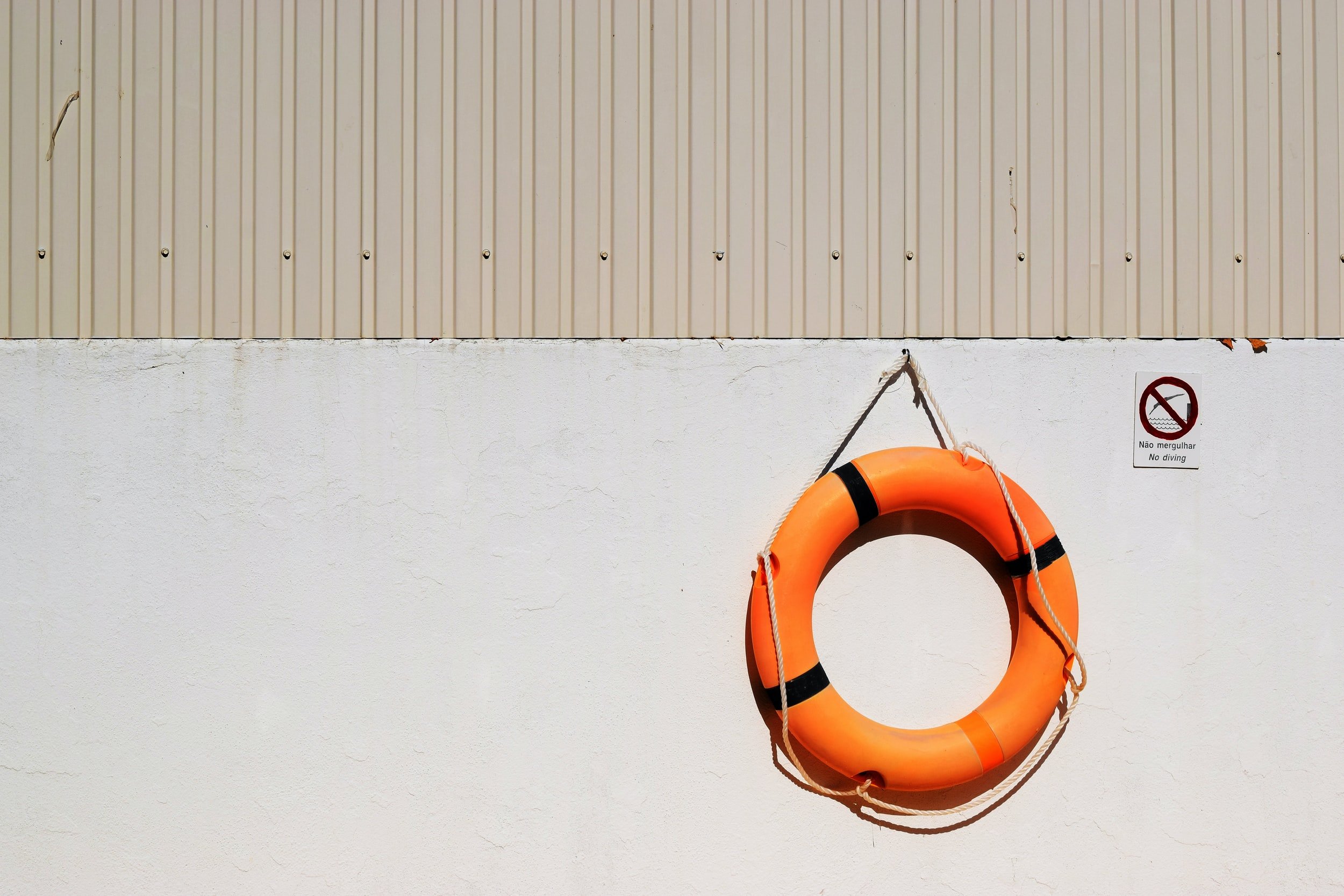If you are feeling shocked by the news of Sania Khan
Or other intimate partner homicides. I’m writing to you.
These relationships are some of the hardest to treat and intervene on.
For the record, I don’t know any of the details of the situation in Chicago.
I primarily know how intimate partner violence (IPV) works because of approximately 5 years of highly specialized training, education, and clinical practice with aggressors in mandated and voluntary programs.
Most of the aggressors I worked with were queer women. Most of my trainers and supervisors were also queer women. (I clarify this because lgbtq communities have specific experiences with IPV, and even more barriers to getting help. As do PoC and WoC. I also clarify this because while the overwhelming majority of IPV involves men toward women, this isn’t reduced to a man-hating issue as so many “devil’s advocates” like to try with their weak arguments.)
Finally, I’ll say that some of the most therapeutic growth I’ve witnessed in my career was by people who were abusive in relationships and VOLUNTARILY committed years to treatment. Anyone who has done terrible things and wants to take accountability for those things has my respect.
The insidious nature of these types of relationships makes it really hard to spot if you’re not skilled in doing so. The aggressors DO NOT usually start off that way. Often there aren’t any red flags. They start by winning over friends and family so that no one would believe the reports of things they do later. They slowly cut ties and access to any *simple* means of separation so that it becomes increasingly hard to extricate oneself from the relationship. A lot of people don’t realize this when they ask, “Why didn’t they leave?”
But that’s not what I want to talk about.
What even more people don’t realize, is how laws and policies are set up to keep people in these relationships. It’s not as simple as just deciding to pack a bag and leave. (Which is the riskiest thing someone can do and why you should never just insist that someone do this, without a safety and contingency plan in place.)
Many medical and social service providers are required to report and investigate suspected IPV. (Therapists are NOT, by the way.) Reporting and investigating almost always makes things riskier and doesn’t have the resources to provide what is needed before they leave.
Many safety responders and officers are not adequately trained in IPV assessment and safety. (If close friends and family can’t see it accurately, how would these folks know?) Especially in a queer relationship that doesn’t present the most common man-toward-woman situation, and both parties can be detained or sheltered together. This intervention also often makes things worse.
And most of our social circles will stay out of it. Strangers on the street will often ignore aggressive situations. So will neighbors, coworkers, and casual friends.
Who can people turn to? What will be available to them if/when they do?
If you had to leave the love of your life and everyone was compelling you not to, what would you do? If family, friends, professionals, strangers, the law, your doctor, all magnified the risk for you, what would you do?
I don’t know if you see the connection between the phenomenon of IPV and the wage gap, the financial and social cost of divorce, voting rights, the inability to get credit cards, casual rape jokes, redlining in neighborhoods, legislating away bodily autonomy, mandated reporting, 988, job applications, lack of universal healthcare, parental leave, and years of customs, norms, and habits that become language, jokes, and stories, which make their way into policies, regulations, and then law — all of which trap people in violent situations. But I do.
When you see all that, stories like that of beautiful, smart, talented Sania Khan (with respect), don’t shock you.
It’s the inevitable outcome, and those who get out are exceptional.
Read More: Relational Trauma and its Lasting Impact
Read More: Intimate Partner Violence
If you or someone you know is in a suspected abusive relationship, help is available.
Contact The Network La Red, Peace Over Violence, Strength United, National Domestic Violence Hotline, LGBTQ Center Long Beach IPV programs, Animal Safety Net (ASPCA) - temporary pet shelter
